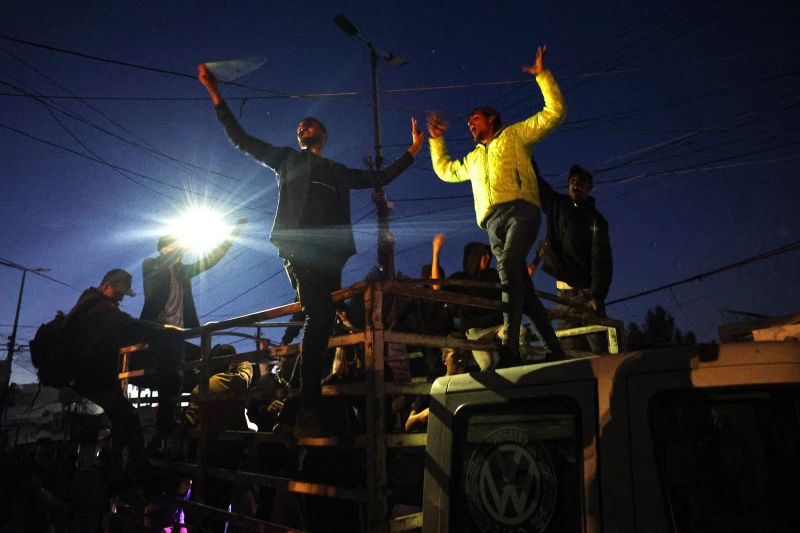‘We only have one day of diesel on hand’ in Gaza: UN
A senior official with the United Nations Relief and Works Agency for Palestine Refugees (UNRWA) says there is a dire shortage of fuel in the Gaza Strip after the Israeli military closed off access to the Karem Abu Salem (Kerem Shalom) and Rafah aid crossings.
“I don’t think that we can resupply the entirety of the Gaza Strip from Erez [Beit Hanoon crossing], we have to have access to Kerem Shalom, we have to have access to Rafah,” Scott Anderson, UNRWA’s Gaza deputy director, told CNN.
“Everything we do in Gaza is run by diesel. We currently have one day of diesel on hand. If we don’t have a resupply tomorrow then everything will stop. If we run out of fuel, trucks won’t move, generators won’t work at hospitals, sewage won’t get pumped, literally everything you need to survive everyday runs on fuel.”
"Everything we do in #Gaza is run by diesel. We currently have one day of diesel on hand. If we don't have a resume by tomorrow everything will stop."@ScottAnderGaza to @CNN about the tragic situation that would unfold if fuel is not let into the #GazaStrip immediately. pic.twitter.com/TM4cNLJElz
— UNRWA (@UNRWA) May 6, 2024
UN rights chief called Israeli Rafah invasion plan ‘inhumane’
In comments that came before Hamas’s announcement that it had accepted a truce proposal, the UN High Commissioner for Human Rights delivered his most damning criticism of Israel yet in response to Israel’s apparent plan to invade Rafah, where the majority of Palestinians in Gaza are sheltering.
“Gazans continue to be hit with bombs, disease, and even famine. And today, they have been told that they must relocate yet again as Israeli military operations into Rafah scale up,” Volker Turk said. “This is inhumane. It runs contrary to the basic principles of international humanitarian and human rights laws, which have the effective protection of civilians as their overriding concern.”
He said lessons from seven months of war on Gaza show that an assault on Rafah will only kill more people, adding, “Enough of the killing”. “Those that elect to flout international humanitarian law and international human rights law must be held to account.”
Egypt’s el-Sisi urges all parties to reach deal in Gaza
Egyptian President Abdel Fattah el-Sisi says he is “closely following the positive developments” in the negotiations to reach a “a comprehensive truce” in Gaza.
He also called on all parties to exert more effort to reach an agreement that will end the humanitarian tragedy suffered by the Palestinian people and complete the exchange of captives and prisoners.

























































